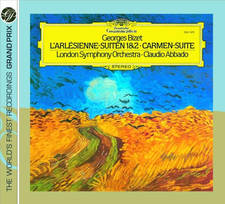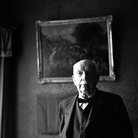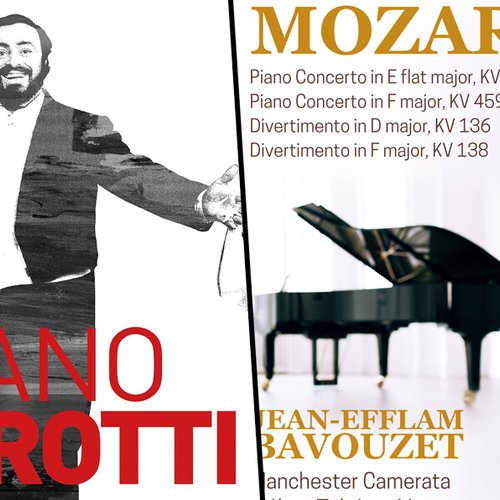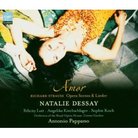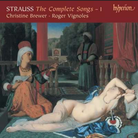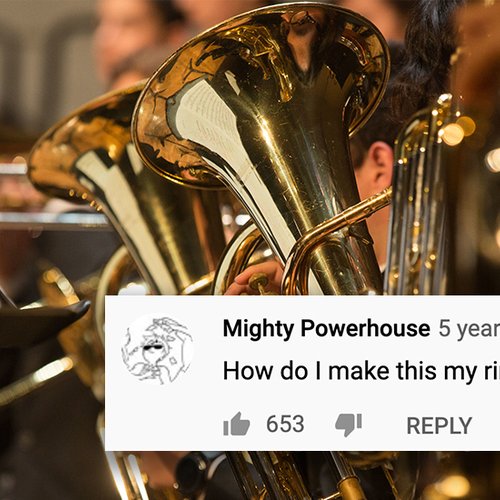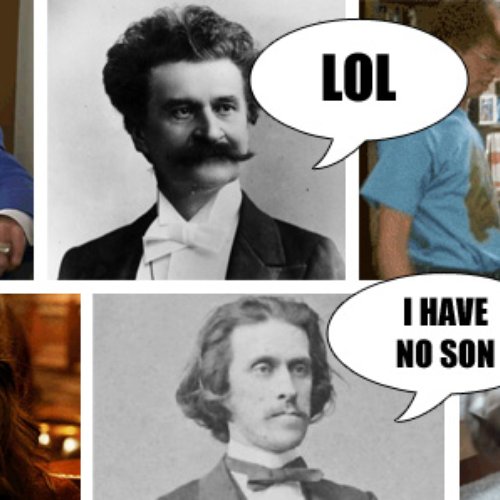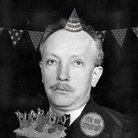Richard Strauss - Oboe Concerto: How a US intelligence officer inspired a masterpiece
The remarkable true story of how a US military man inspired Richard Strauss to compose an oboe concerto after World War II.
On 30 April 1945 – the very day that Hitler committed suicide in a bunker beneath Berlin – the 103rd Infantry and Tenth Armoured divisions of the U.S. Army rolled into the Bavarian mountain resort town of Garmisch. Their first aim: to commandeer villas for their own use. Residents were given barely a quarter of an hour to pack their bags and leave their homes to the U.S. forces.
Having driven up Zoppritzstrasse, one jeep came to a halt outside of No. 42; the house seemed perfect for their purposes; but the elderly man who lived there would have none of it. Boldly he announced to them, “I am Richard Strauss, the composer of Rosenkavalier and Salomé.”
Fortuitously for the 80-year old composer, the chief of the unit knew exactly who was addressing them. Lieutenant Milton Weiss, himself a musician, ordered his men to place an ‘Off Limits’ sign on the lawn in front, instructing them to move on to take other homes.
Gallery: Richard Strauss - 15 facts about the great composer
The apolitical Strauss had already been in his late sixties when the Nazis rose to power. Initially he had hoped that Hitler might do something to preserve and promote German art and culture. Strauss even agreed to take up an appointment to oversee the development of music under the regime. But the composer was not an adherent of Nazi values. Despite regrettable errors of judgement during the period, Strauss maintained that his most pressing concern was the protection of his Jewish daughter-in-law and grandchildren. He wrote that he considered the Nazi “Jew-baiting as a disgrace to German honour, as evidence of incompetence — the basest weapon of untalented, lazy mediocrity against a higher intelligence and greater talent.”
As the war came to an end, despite living in a state of severe privation, lacking food, fuel and soap, Strauss now received regular visits from U.S. military personnel who posed with him for photographs, got his autograph and listened to him play the piano. Among them was a 24-year old intelligence officer John de Lancie who, in civilian life was principal oboist with the Pittsburgh Orchestra. During numerous visits, the composer and the soldier had long conversations in French about music and culture. Familiar with Strauss’s exquisite writing for the oboe in his orchestral works, de Lancie asked the composer if he had ever considered writing an oboe concerto. The blunt response was “No”. Yet the thought evidently remained in the composer’s head.
A few weeks later Strauss began to sketch some ideas, and a short score was written out by 14 September. By the end of the following month, the composer had completed the work, the finest concerto for oboe written in the 20th century.
Back home in the United States, de Lancie was astonished to discover that Strauss was publishing an oboe concerto and recalled his question that had been so roundly dismissed barely a few months previously. But Strauss had not forgotten de Lancie. The autograph of the score bore the inscription, "Oboe Concerto - 1945 - suggested by an American soldier.”
If the dedication was not honour enough, Strauss arranged that the rights to the U.S. premiere of the piece were assigned to de Lancie. But, following his war service, the oboist was now only a junior member of the Philadelphia Orchestra prohibiting him from performing the premiere in place of the orchestra’s principal oboist. Instead de Lancie gave the privilege of premiering the work to Mitch Miller, a young oboist with the CBS Symphony Orchestra in New York.
John de Lancie went on to be one of the most accomplished oboe players of the post-war era, serving as the principal oboist for the Philadelphia Orchestra for 30 years, as well as becoming a brilliant and exacting teacher of the instrument. It was only after his retirement that de Lancie finally performed and recorded the work the idea for which he had planted in the mind of the ageing Richard Strauss, contributing to the remarkable 'Indian summer' of a long and distinguished composing career.
